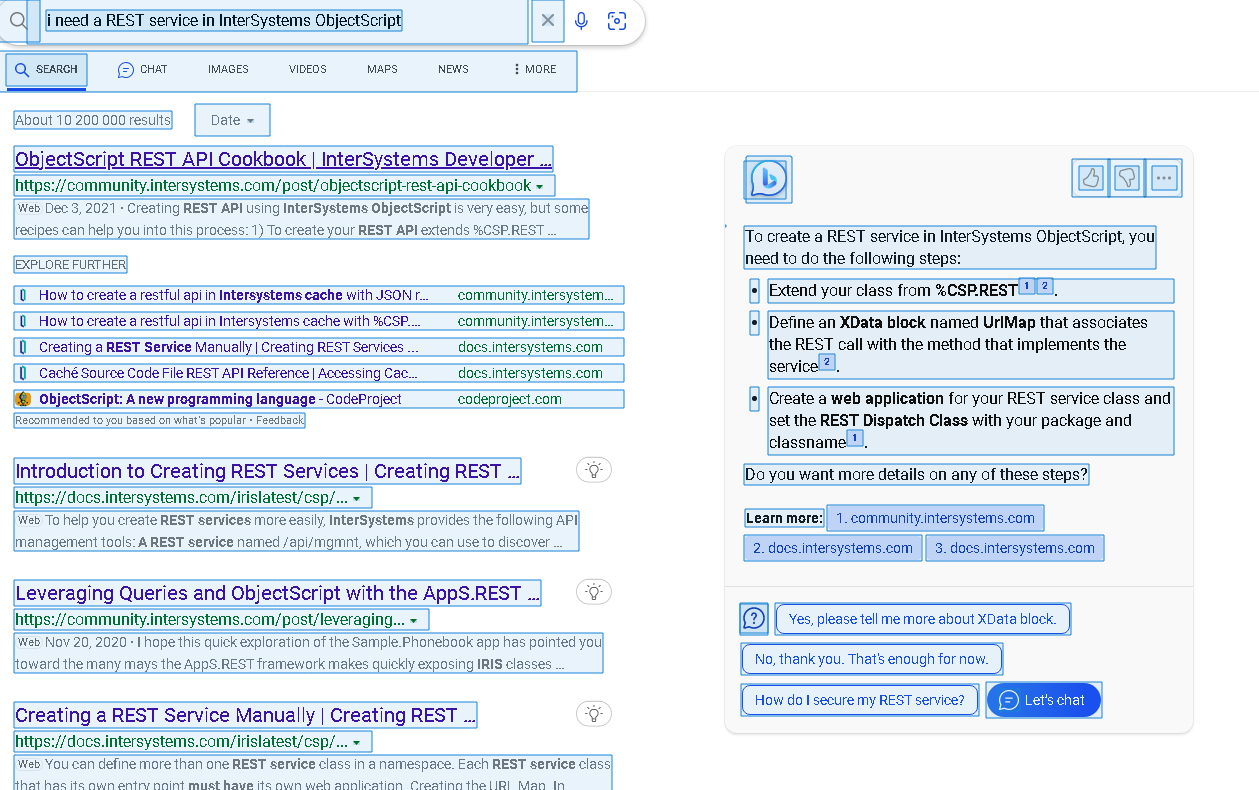Hi fellow developers!
Curious if you guys use CreatedAt and LastUpdated properties in your classes?
Created to stamp when the record was created and LastUpdated when it was last updated. Where it can be useful - almost everywhere )) I find it convenient in records sorting (e.g. by creation or last update), in sync (with other systems), and so on, for better analytics.
Do you use it all the time for all the classes?
If don't, why not? What do you use instead?
What property type do you use - %TimeStamp? %DateTime?
What is the best practice to have CreatedAt filled automatically during creation and LastUpdated on every successful save (guess it could be in %OnSave)?
Please share your experience /thoughts?



